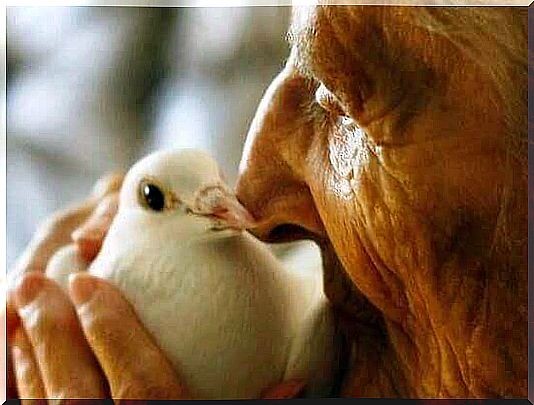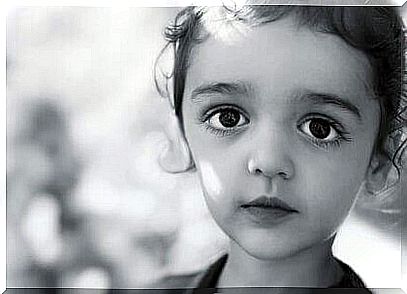What Do Most People Regret?

Several surveys have been conducted to answer the following question: what do most people regret? One of them is very famous. It was carried out with people close to death. Either because of a terminal illness or because of their advanced age.
Bronnie Ware, an Australian nurse with expertise in palliative care for terminally ill patients, decided to ask them directly. She knew that people are much more honest and mature when they feel that life is drawing to a close. When faced with this question, most people’s response has almost always been the same. Namely, not having lived enough.
For Ware, all of these answers were a big eye-opener. She decided to write a book in which she compiled the words of her patients. She found that there were 5 specific facts that people regretted. Since then, his life has changed.
Most people regret …
When Bronnie Ware asked his patients, almost all of the responses included the “I wish I could have done…” primer. In other words, most people regret what they didn’t do, rather than what they did.

The 5 most frequent responses show that the main regrets are as follows:
- Not having had the courage to do what we really wanted, but to follow what his obligations imposed on us
- Spending so much time at work: Many of Ware’s patients have said that the most precious years of their lives were spent within the four walls of an office
- Not having expressed their feelings, having remained silent when they should have spoken: this includes positive and negative feelings
- Not having asked old friends to talk about their life: childhood friends, or those closest to them, are often overlooked
- Not having known how to fight to be happier
As we see, most of the regrets are about things that haven’t been done. In the previous list there is no regret for what was done badly, nor for the mistakes made, but for what was not done.
The ideal self and the duty to be
Researchers at Cornell University conducted a more structured study of people’s feelings of repentance and their motivations. As in the case of Bronnie Ware’s informal interviews, most people responded that they regretted not having done something. In this case, the researchers went further and analyzed the reasons why this was so.

According to Thomas Gilovich and Shai Davidai, who led the research, everything is linked to the concept of the “duty to be” and the “ideal self”. As the name suggests, the duty to be relates to what each person thinks is right and morally desirable. It is the sphere of ethical duty, according to the beliefs and values of each person.
On the other hand, the ideal self corresponds to what we want to be. Whether or not it coincides with what should be. In the ideal self there are dreams, illusions and, of course, ideals. This is the model that we would like to closely follow.
People regret for concrete reasons
Based on the concepts of the “duty to be” and the “ideal self”, the Cornell researchers managed to draw an interesting conclusion. When we betray the duty to be, we experience a kind of immediate “load of consciousness”. This is why people seek to repair or deal with this repentance, with concrete measures.
Imagine, for example, that someone did not go to visit a dying uncle when they knew they needed their support. When he died, he felt deep regret at not having fulfilled his obligations. He then examines the reasons why he did not do so. Maybe he’ll cry at the funeral. Or will he symbolically ask forgiveness for what he did not do.
With the “ideal self” this does not happen. People don’t do a ritual to forgive themselves for not having been the most famous astronaut or for not deciding to go on a ship heading for Antarctica. It just stays in your consciousness as an illusion that has not taken shape. At the end of your life, you regret not having achieved it. For such repentance is a way of dealing with what has never been and never will be.










